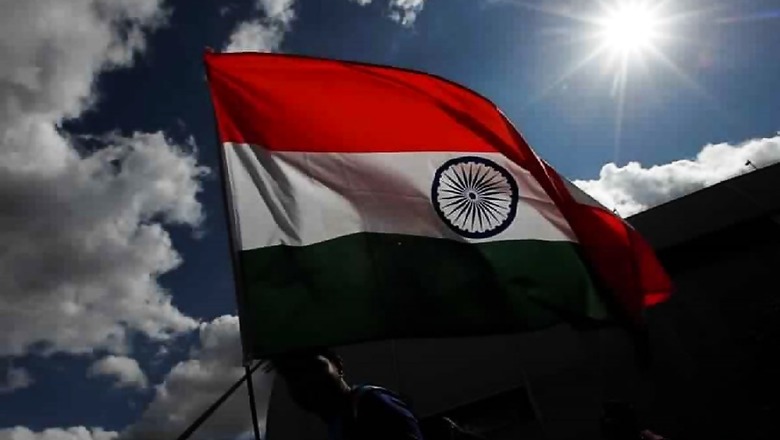
views
Bilateral relations with both India and China are long-standing and significant in different ways to Iran. Under pressure because of economic sanctions imposed by the United States while also being locked in conflicts of varying intensities with its Arab neighbours as well as Israel, Iran has few countries it can bank on for political and economic succour. India and China have filled this role occasionally and the difference really has been in terms of who has been able to do it for longer stretches and to greater effect.
One sign of who was winning this contest came in late June when Iran announced that it was close to entering into a long-term strategic partnership agreement with Beijing involving some $400 billion worth of Chinese investment in the Iranian energy and financial sectors among other things. In exchange, the Chinese would receive Iranian oil at a heavily discounted rate for the next 25 years. The contrast in India’s fortunes with Iran was highlighted in subsequent reports that the Indians had lost an important rail project along the Iran-Afghanistan border over concerns about unmet commitments.
Crucial Centrality
Iran is, however, no passive actor in this contest and is capable of playing the two sides against each other. As a civilisational power that considers itself no less than either India or China, the Iranians possess the self-perception and long tradition of statecraft that make them ambitious and formidable negotiators with an eye on the longer term.
Iran’s weight is such that New Delhi has over decades regularly defied the Americans and even won an exception from the Donald Trump administration to continue with its engagements in Chabahar. Similarly, China’s desire to play a greater role in West Asia's politics will require Iranian cooperation if it is to chart a different trajectory from the one the US has taken. But while India is a near neighbour for Iran and cultural and religious ties between the two countries run deep, for the ruling regime in Tehran, the greatest political advantages whether domestically or externally have been afforded by its association with the regime in Beijing.
China has invested considerable effort into building up its salience for Iran as well as in courting the Iranian elite. Besides being a major military supplier, China has also aided the Tehran regime’s domestic surveillance efforts. India’s interest in Iran as a crucial cog in regional connectivity projects precedes that of China’s but the latter has quickly caught up with and overtaken New Delhi in terms of its centrality to the Iranians.
The Chinese Belt and Road Initiative has been especially important in this regard. Even in Chabahar, often seen wrongly by many Indians as something of an exclusive preserve and a rival to the China-sponsored project in Gwadar less than 200km away in Pakistan, the Chinese have made their presence felt with multiple businesses. In fact, the Indians themselves have had to depend on China in Chabahar with India Ports Global Ltd, the Indian operator in the port, having to hire cranes supplied by a Chinese manufacturer, Shanghai Zhenhua Heavy Industries Co Ltd, to meet its requirements. Interestingly, the Shanghai company is banned from supplying its cranes to ports in India, itself.
Losing Options
All of this said, it is not necessary for New Delhi to look at everything only in terms of what China is doing, even if it is instructive. India possesses advantages in terms of soft power and people-to-people connections in Iran that can do a better job at leveraging at both the elite and popular levels. Beijing’s aforementioned involvement in the Iranian regime’s domestic surveillance has not made China popular on the Iranian street. The latest deal with China, too, has set off widespread opposition within Iran over concerns that the country’s sovereignty was being compromised.
However, India’s current inward-looking and majoritarian domestic political dynamics on the one hand and a rather unalloyed willingness to partner with the Americans on the other risk undercutting whatever advantages it might have had over China, as a result.
(Jabin T. Jacob is Associate Professor, Department of International Relations and Governance Studies, Shiv Nadar University, Uttar Pradesh. He tweets @jabinjacobt. Views expressed are personal)




















Comments
0 comment